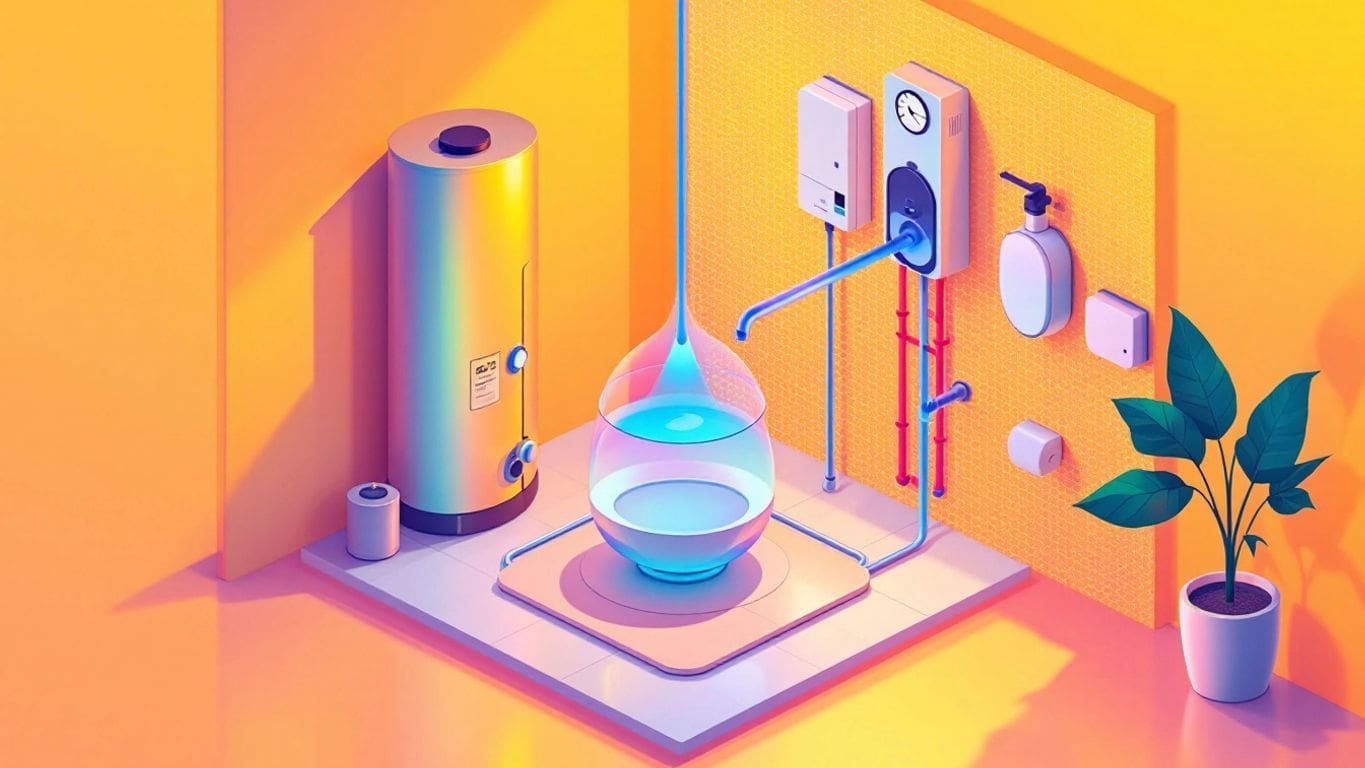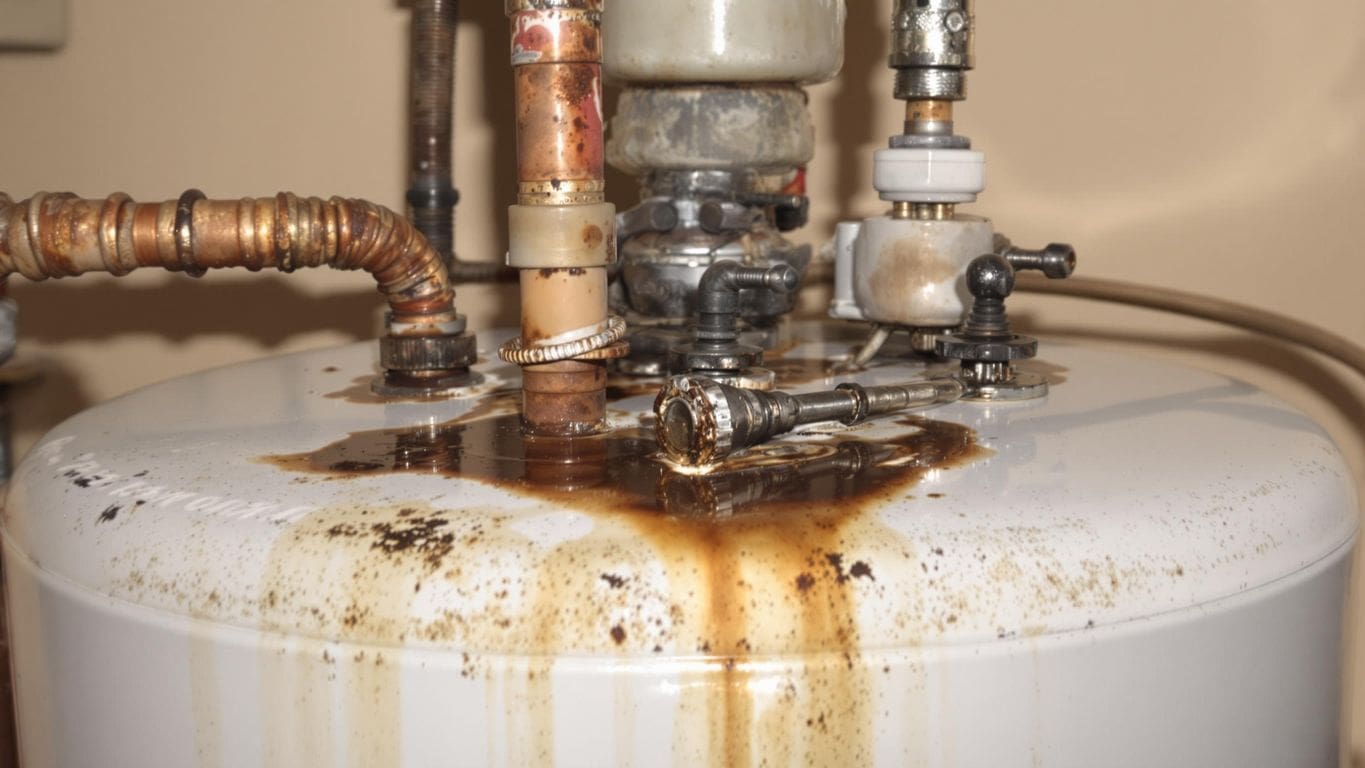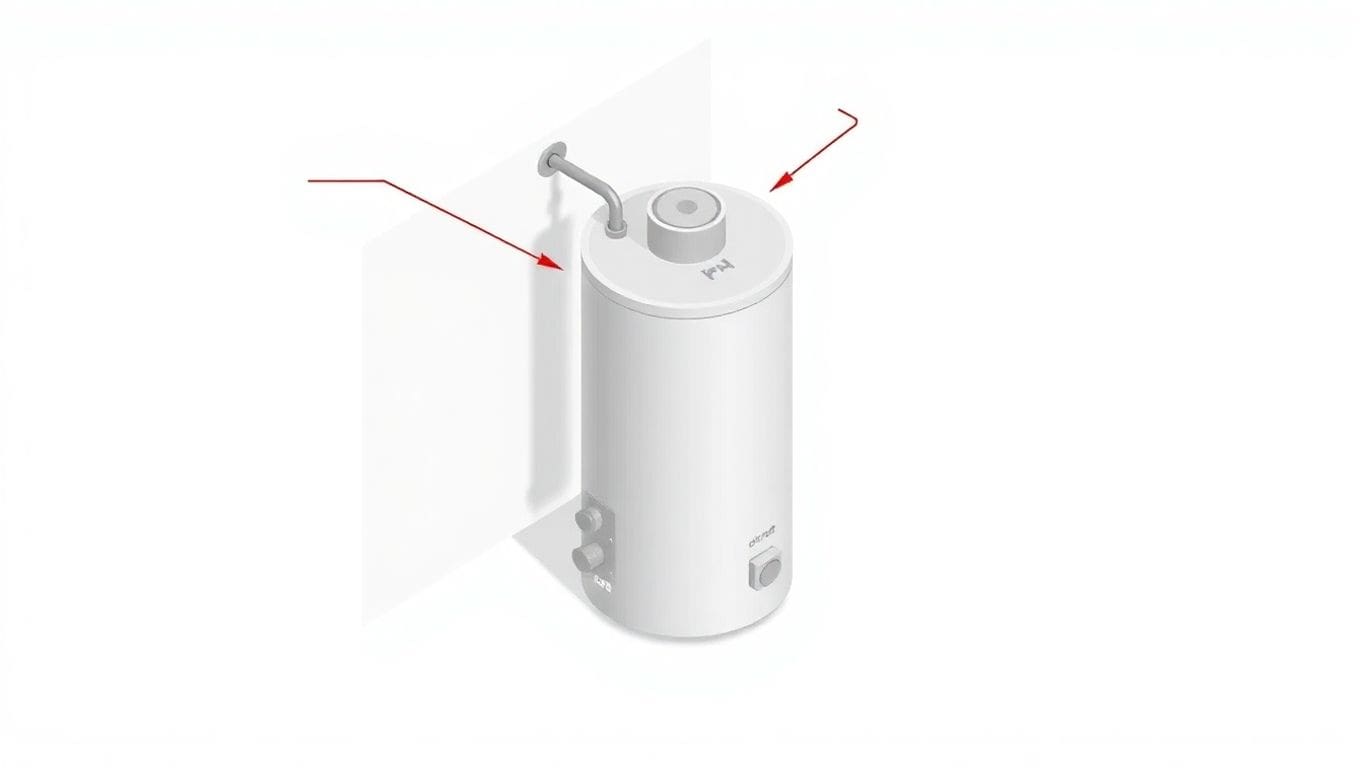
Water heaters are essential for our daily routines, providing hot water for showers, dishes, and laundry. However, like all appliances, they have a limited lifespan and can start showing signs of wear. Knowing when to replace your water heater can save you from unexpected cold showers and costly repairs. In this article, we’ll explore key signs that indicate it might be time for a replacement, ensuring your home remains comfortable and efficient.
Most water heaters last about 10 to 15 years. Tankless models can last up to 20 years. Here’s a quick look:
| Type of Water Heater | Lifespan |
|---|---|
| Traditional Tank | 10-15 years |
| Tankless | Up to 20 years |
Several things can affect how long your water heater lasts:
If your water heater is over 10 years old, it’s time to think about a replacement. Even if it seems to be working fine, it may not be as efficient. Planning ahead can save you from sudden failures.
Remember, a well-maintained water heater can provide comfort for years. But, if it’s aging, start budgeting for a new one.
If your water heater starts making strange sounds, it could be a sign of trouble. Banging, popping, or rumbling noises often mean there is sediment buildup inside. This buildup can make your heater less efficient and may lead to damage. If you hear these noises, it’s a good idea to check it out.
When you turn on the hot water and see rusty or brown water, it’s a warning sign. This discoloration usually means there is corrosion inside the tank. If the water stays rusty after settling, it’s time to think about replacing your water heater.
Are your showers getting cold too quickly? If you notice that the water isn’t as hot as it used to be, your heater might be failing. This can happen if the heating element is worn out or if the heater can’t keep up with your hot water needs.
If you notice any of these signs, it’s best to act quickly. Waiting too long can lead to bigger problems and more expensive repairs.
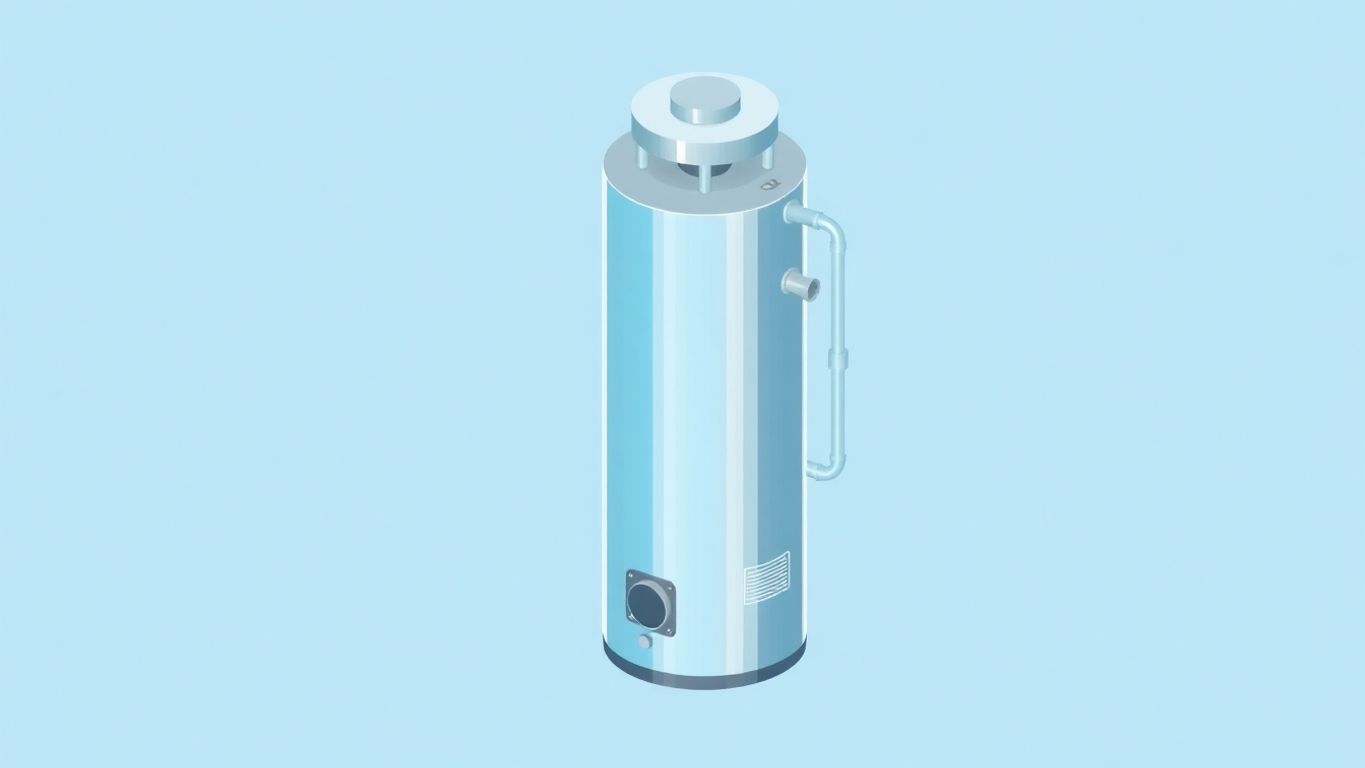
To find out how old your water heater is, check the rating plate. This plate usually has a serial number. The first letter shows the month it was made. For example, “A” is January, and “L” is December. The next two numbers tell you the year. If your heater is over 10 years old, it’s time to pay attention.
Older water heaters are often less efficient. They can use more energy to heat water. This means higher bills for you. Newer models are designed to save energy and money. If your heater is getting old, consider upgrading.
As your water heater ages, it’s smart to plan for a replacement. Here are some tips:
Remember, a well-maintained water heater can last a long time, but all good things come to an end. Keep an eye on its age and condition to avoid surprises.
Leaks can be tricky. They often start small but can grow into big problems. Here are some signs to look for:
Finding leaks early can save you money and stress.
If you ignore a leak, it can cause serious damage. Water can ruin floors, walls, and even your belongings. Here’s what might happen:
Sometimes, a leak means it’s time to say goodbye to your water heater. If you notice:
It’s best to consult a plumber. They can help you decide if it’s time for a new heater.
If you find yourself calling for repairs more than twice a year, it might be time to think about replacing your water heater. Frequent repairs can add up quickly. Here are some points to consider:
Some common problems that might require frequent repairs include:
When should you stop repairing and start replacing? Here are some signs:
If your water heater is constantly breaking down, it may be more cost-effective to invest in a new one. This can save you money and stress in the long run.
If your water heater is not working well, you might notice:
These signs can mean your heater is losing efficiency.
Upgrading to a new water heater can help you save money. Here are some benefits:
Newer water heaters are designed to use less energy. For example, an ENERGY STAR® certified heater can save you about 10% on energy bills compared to older models. This can add up to hundreds of dollars over time.
Regularly checking your water heater’s efficiency can help you avoid costly repairs and ensure you always have hot water when you need it.
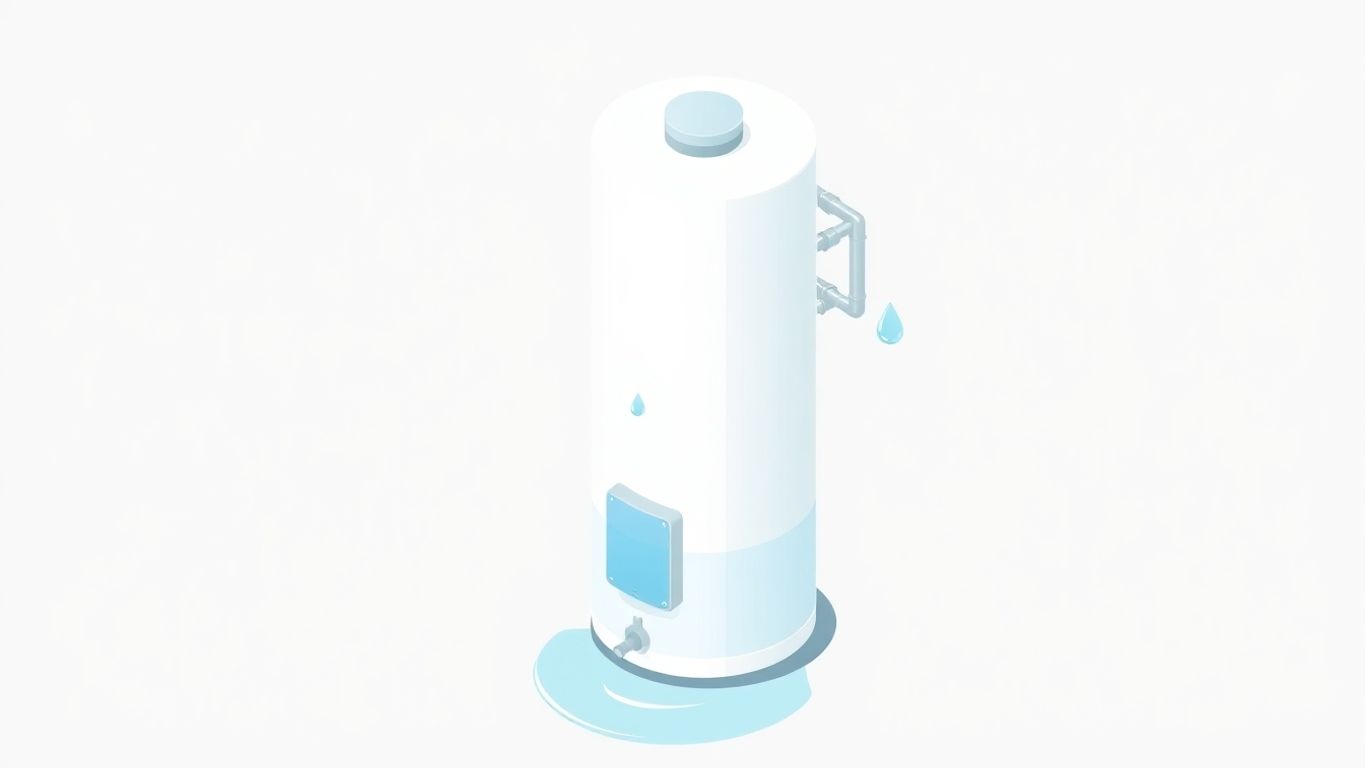
Sediment can build up in your water heater over time. This can cause your water to look cloudy or sandy. If you notice this, it might be time to check your heater. Regularly flushing the tank can help remove sediment. If the problem continues, you may need to replace the heater.
Corrosion happens when metal parts of the heater start to rust. This can lead to rusty water coming from your taps. If you see rusty water, check if it’s coming from the hot or cold water. If it’s only in the hot water, the heater might be the issue. If both are rusty, the problem could be in the pipes.
Here are some steps to take if you have water quality issues:
Remember, keeping your water heater in good shape can help you avoid bigger problems later.
Regular maintenance is important for keeping your water heater in good shape. Taking care of your heater can help it last longer and work better. Here are some key points to remember:
Regular maintenance is like a health check for your water heater. It helps you avoid big problems later on.
When it’s time to replace your water heater, you have choices. Understanding these options can help you make the best decision for your home.
Choosing the right water heater can make a big difference in your home’s comfort and energy costs.
When it’s time to replace your water heater, there are a few important steps to take. Planning ahead can save you time and money. Here’s what you need to consider:
Remember, replacing your water heater is an investment in your home. Choosing the right model can lead to better efficiency and lower energy bills.
Most water heaters last between 10 to 15 years, depending on the type and how well they are maintained.
Common signs include rusty water, unusual noises, inconsistent water temperature, and leaks.
Sometimes, small issues can be fixed, but if repairs are frequent, it might be better to replace the unit.
You can find the age by looking at the serial number on the heater, which usually includes the manufacturing date.
If you notice a leak, it’s important to call a plumber right away, as leaks can cause significant damage.
Tankless water heaters can be more efficient and last longer, but they may have a higher upfront cost.
It’s a good idea to have your water heater checked at least once a year to ensure it’s working properly.
Regular maintenance, such as flushing the tank and checking for leaks, can help your water heater last longer.

